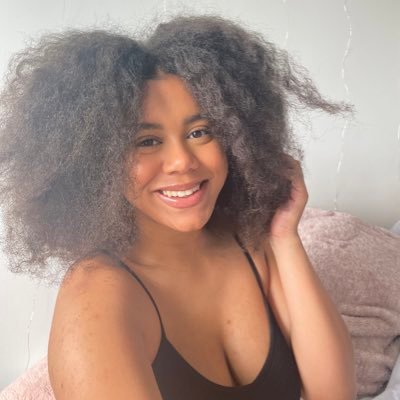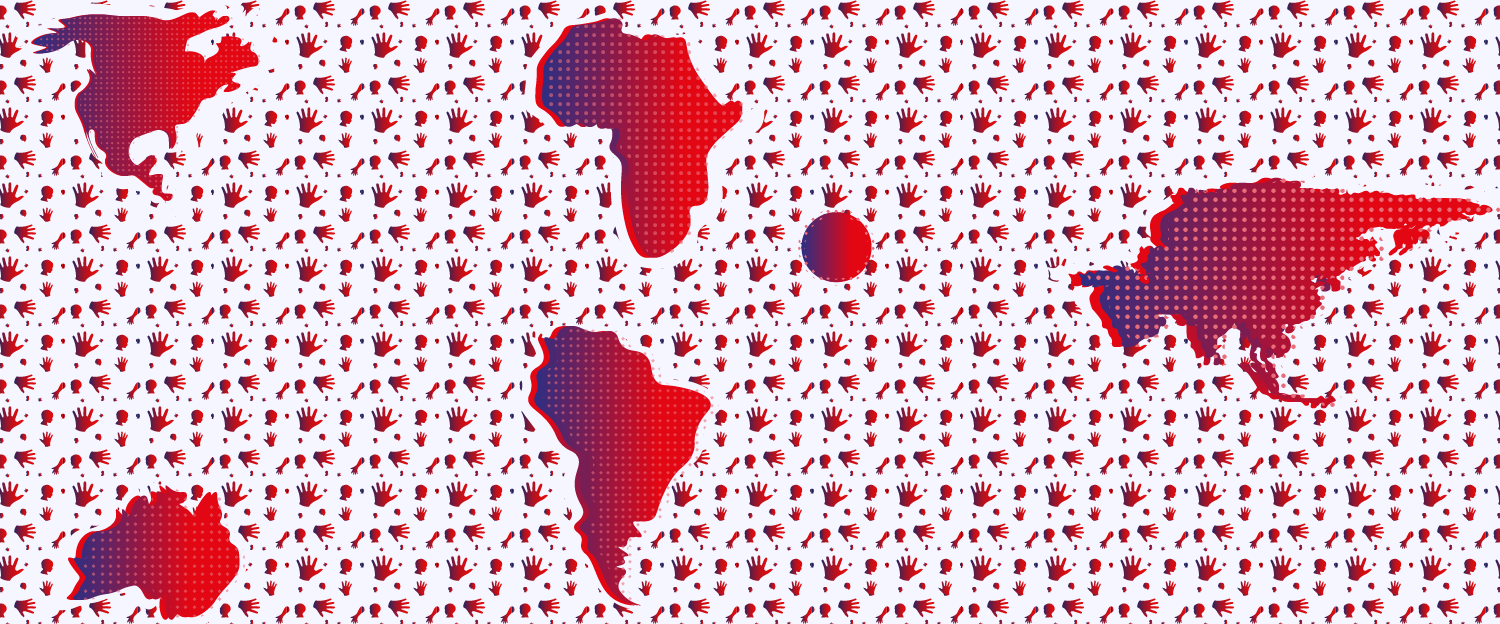When
Ruby Williams was a teenager, she was repeatedly told that her hair breached
school policy, which stated that ‘Afro style hair must be of reasonable size
and length’. She was sent home several times as a result. Her family took legal
action against the school and Ruby received an out-of-court settlement.
The family was dragged into a battle in 2016 when Ruby was 14, and shared their story in an article in The Independent in February 2020. Ruby is not the first or last child that has experienced this. Hair policies that disproportionately impact Black or mixed-race children, compared to other children, are probably illegal, and this has been clarified by the Equalities and Human Rights Commission (EHRC).
As a family, they have been networking and collaborating to
find different ways they can add their voices towards ending
Afro hair discrimination in all UK schools. The problem of institutional racism in our education system feels overwhelming, but we can all work at solving ways
it can manifest.
There are extra resources imbedded throughout this article which aim to be informative.
Now you will hear from Ruby, Lenny and Kate Williams.
Ruby
I am 21 and at university, but when I was 16, I wasn’t sure how to get my life back on track as my mental health, confidence and world view had shifted significantly.
I remember feeling that another child should not face the humiliation I had felt, which is why I wanted to share my story publicly, hoping it would empower other children and young people to challenge school hair policies. The BBC article contains a video that was shot in 2018, but not made public until 2020. When I was finally allowed to speak out, I felt relief and fear about how people might respond to my story. The overwhelming reaction was positive.
 We became involved with World Afro Day
(WAD) and I was a judge for the Top Ten model competition. The entrants’ videos inspired me, and
I realised that this issue is now a part of me, and that my story might help
impact the acceptance of
Afro hair. I became involved with many projects, such as being interviewed
for two different books (Grown: The Black Girls’ Guide to Growing Up and A Quick Ting: The Black Girl Afro),
talking to journalists,
giving talks,
being in a documentary
and becoming a Dove
Partner.
We became involved with World Afro Day
(WAD) and I was a judge for the Top Ten model competition. The entrants’ videos inspired me, and
I realised that this issue is now a part of me, and that my story might help
impact the acceptance of
Afro hair. I became involved with many projects, such as being interviewed
for two different books (Grown: The Black Girls’ Guide to Growing Up and A Quick Ting: The Black Girl Afro),
talking to journalists,
giving talks,
being in a documentary
and becoming a Dove
Partner.
Nobody thought this would result in court
action, but the EHRC believed in my right to attend school as myself and funded my case. We’ve continued to work closely with them, and I was proud to help launch new school guidance
and for my story to be included as a resource for schools.
I intend to keep speaking about this until the issue is
solved.
Lenny
I was born in London in 1960, to Guyanese parents, and experienced the raw side of racism. I feel like some in our society have awoken to all people being born equal, but I am concerned that racism has become more subtle but still hurtful in a different way. Watching a school destroy my daughter was difficult for me. I could not get the person responsible to understand why what they were asking of Ruby was unfair. We have decided to channel that hurt in positive ways.
I have been an active member of the local community
for years, so it felt natural to develop this. I am a youth worker and encourage
youngsters to know their worth. I am a facilitator for a parenting
course and believe it is vital that parents think about their own culture,
so they have the knowledge to empower their own children to feel confident and
comfortable in their own bodies and lives. The system should be fair, but it
isn’t, so we must stand up for ourselves and each other.
I’ve shared our experiences at protests, Black History Month
celebrations, Theatre
workshops, to journalists,
scholars and students, all of which have helped me to process and create
meaning, purpose and healing for us all.
Kate
As Ruby’s white parent I’m on a learning journey, with her as my greatest teacher. I had never heard of Afro hair discrimination until Ruby experienced it. It feels unbelievable that this happened in Hackney. I’m proud how she uses her pain to raise awareness of this issue and I add my voice to this.
Being helpless to protect Ruby from harm was painful and confusing
as I’m a teacher, so it felt that she was being damaged
by my own profession. I’ve spoken and written about the complex nature of our journey, as I want people to learn from our
experiences. I’m currently studying for a Professional
Doctorate (EdD),in order to amplify the voices of others and to drill down
into the origins of these hair policies. I want to inform educators and provide
tools for families who may encounter this issue. We organise a parent support
group in association with WAD to
support other families and we will continue to collaborate and persevere until this
is solved.
Watch the following video in which Kate and Lenny Williams discuss the case with the Open University's Sas Amoah.






Rate and Review
Rate this article
Review this article
Log into OpenLearn to leave reviews and join in the conversation.
Article reviews